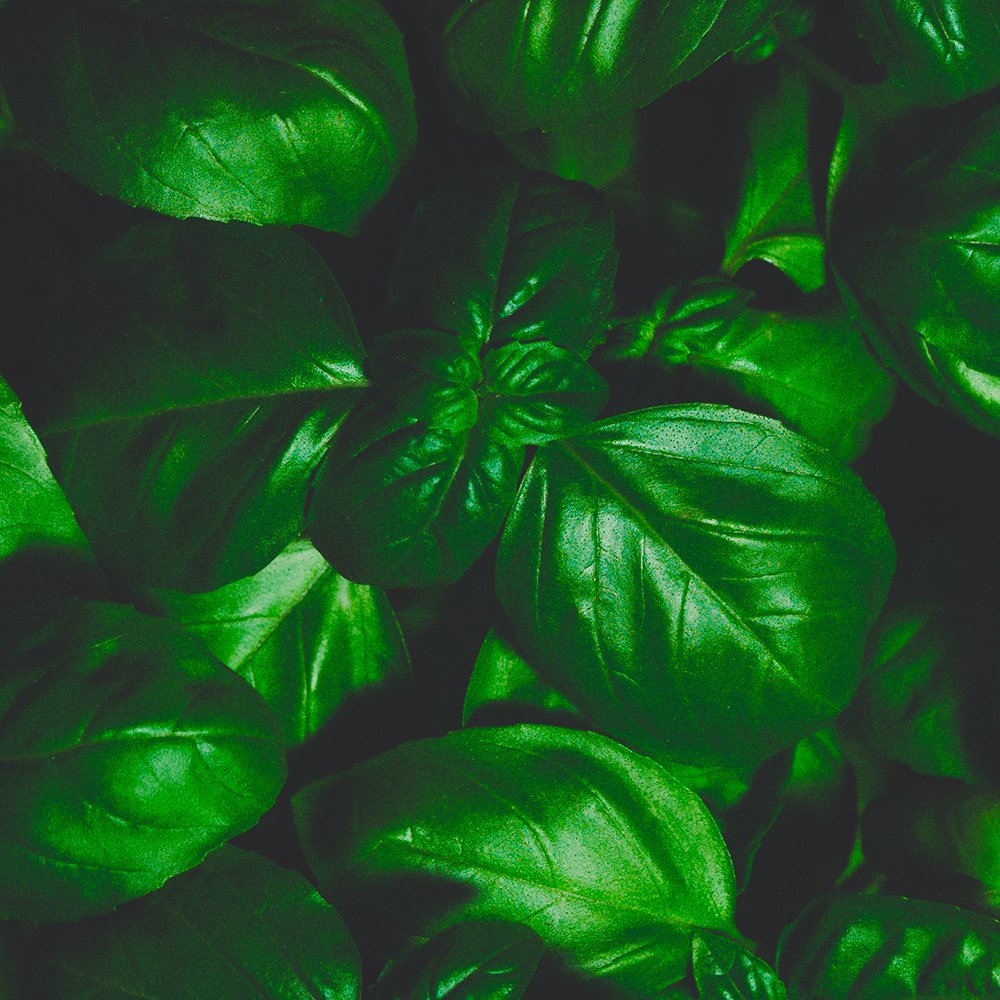Juniper Berries Oil
Premium Natural Ingredient for Perfumery
Juniper Berry Oil (CAS N° 84603-69-0) is a natural essential oil steam-distilled from the ripe fruits of Juniperus communis. Produced by Givaudan in partnership with Albert Vieille, this high-grade aromatic oil exhibits a sparkling, resinous, and pine-like character, enriched by warm balsamic undertones. Its terpenic-aromatic profile supports its role as a modifier in woody, citrus, fougère, and chypre compositions, while providing a diffusive fresh-balsamic impact.
Premium Natural Ingredient for Perfumery
Juniper Berry Oil (CAS N° 84603-69-0) is a natural essential oil steam-distilled from the ripe fruits of Juniperus communis. Produced by Givaudan in partnership with Albert Vieille, this high-grade aromatic oil exhibits a sparkling, resinous, and pine-like character, enriched by warm balsamic undertones. Its terpenic-aromatic profile supports its role as a modifier in woody, citrus, fougère, and chypre compositions, while providing a diffusive fresh-balsamic impact.
Premium Natural Ingredient for Perfumery
Juniper Berry Oil (CAS N° 84603-69-0) is a natural essential oil steam-distilled from the ripe fruits of Juniperus communis. Produced by Givaudan in partnership with Albert Vieille, this high-grade aromatic oil exhibits a sparkling, resinous, and pine-like character, enriched by warm balsamic undertones. Its terpenic-aromatic profile supports its role as a modifier in woody, citrus, fougère, and chypre compositions, while providing a diffusive fresh-balsamic impact.
Natural Ingredient Overview
🏭 Manufacturer: Givaudan x Albert Vieille
🔎 Botanical Name: Juniperus communis
📂 CAS N°: 84603-69-0
🧴 Appearance: Water-white to pale yellow mobile liquid
📝 Odor Type: Aromatic, Terpenic
📈 Odor Strength: Medium-high
👃🏼 Odor Profile: Fresh, sparkling, extremely terpenic; warm, balsamic, woody-sweet, and pine-needle-like
⚗️ Uses: Modifier for pine, fougère, citrus, chypre, and cologne accords; synergistic with labdanum and coniferous absolutes
What is Juniper Berry Oil?
Juniper Berry Oil is an essential oil distilled from the dried or partially dried ripe berries of Juniperus communis. The best-quality oil—like the one referenced here—is steam distilled from carefully selected fruits harvested in central and southern Europe. The oil is known for its aromatic clarity, piney brightness, and resinous warmth. It belongs to the same botanical family (Burseraceae) as olibanum, myrrh, and opopanax, and like them, it is both fragrant and functionally versatile.
The production process typically involves steam distillation of crushed berries. Variants such as water distillation or steam-water hybrids are used less frequently. The resulting oil retains the berry’s volatile terpenes, lending it its characteristic top note brilliance and warm drydown.
Olfactory Profile & Perfumery Applications
Primary Scent Families: Terpenic-Aromatic, Balsamic, Woody
Olfactive behavior: Starts fresh, sparkly and green-terpenic; settles into a balsamic, coniferous, slightly sweet-woody body.
Longevity: Medium tenacity, supports both top and heart notes
Key Applications:
Fougères & Chypres: Blends well with lavender, clary sage, oakmoss, and labdanum
Pine & Coniferous Bases: Modifier for fir, cypress, and spruce oils
Citrus Colognes: Works as a fresh terpene booster
Woody & Amber Accords: Adds resinous warmth and clarity
Common modifiers and fixatives used with juniper berry oil include: labdanum absolute, opopanax, fir needle absolute, elemi resinoid, oakmoss extracts, borneol, lavandin oil, benzoin, and clary sage.
Industrial & Technical Uses
Flavor industry: Typically prefers sesquiterpeneless versions (distilled from high-grade berry oil) for gin-type beverages and herbal extracts
Functional perfumery: Used in aftershaves, room sprays, and spice-themed colognes
Cosmetic fragrance blends: Adds piney freshness in low-percentage formulas
Note: Juniper Berry Oil distilled from Juniperus smreka (twigs and berries) is lighter, with less ambery richness, and is used only regionally in Eastern Europe.
Regulatory & Safety Overview
IFRA: Not restricted (as of IFRA 51st Amendment)
EU Allergens: May contain natural components such as limonene, linalool, and alpha-pinene
REACH: Compliant; not classified as hazardous in typical perfumery concentrations
Adulteration risks: High. Common adulterants include turpentine fractions, juniper wood or twig oil, pinene, and camphene. Sensory evaluation is essential to confirm authenticity.
Additional Information
Juniper Berry Oil is frequently misrepresented in commercial offerings. True high-grade oil is steam distilled exclusively from the berries—not twigs or wood. Products derived from twigs (Juniperus oxycedrus, J. smreka) or diluted with turpentine byproducts are common. Organoleptic analysis is the most reliable method of verification.
Historical Note: Juniper berries have been used in gin production since at least the 17th century. Distillers often prefer their own berry extracts rather than rely on standard oil, as the sesquiterpeneless variants lack the body needed for authentic flavor rendering.
Sources
Fulvio Ciccolo, Scentspiracy Internal Archive (2022)
Perfume and Flavor Materials of Natural Origin, Steffen Arctander (1961)
Scentspiracy Research Team (2022)
Givaudan + Albert Vieille Product Brief – Juniper Berry Oil P&N (Albany origin)






